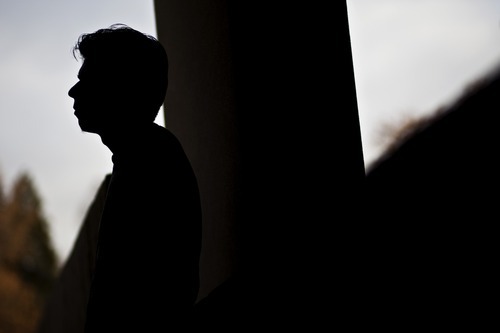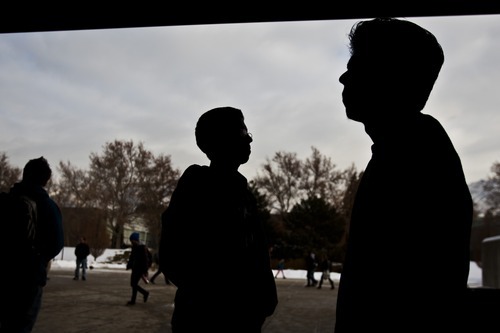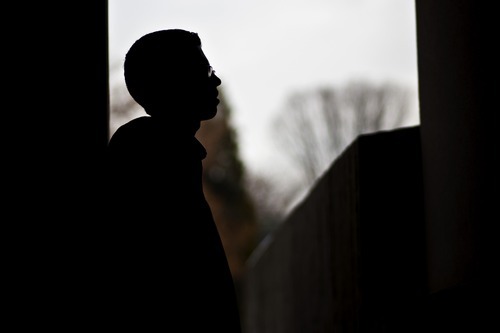This is an archived article that was published on sltrib.com in 2011, and information in the article may be outdated. It is provided only for personal research purposes and may not be reprinted.
Enrique didn't know why he was living in Salt Lake City.
He was 11, fuming at his mother for pulling him away from the life and friends he knew in Peru and wondering what this strange place was — one full of white faces who spoke a funny language.
It wasn't easier in school. He picked up English quickly, but learning the culture and customs took longer. So, he buried himself in schoolwork.
"I knew my purpose here was to study," he said. "And I eventually learned how much my mother sacrificed to give me my opportunity here."
In Lima, his mother was a bank manager. In the United States, she cleaned hotel rooms — scrimping and saving to pay for his college tuition.
The last time he saw his father was 10 years ago. He flew with his brother and mother on tourist visas from Peru to Utah — with no intention of ever going back. The economy was sputtering in Peru, and both his mother and father agreed the United States afforded their children the best possible future.
When he got here, he bore down — earning a place on the honor roll and developing a love for studying.
As he grew up, memories of Peru faded. He made friends, though as he got older, there were the awkward moments.
Because he didn't have legal identification, he couldn't get a learner's permit when his friends did. Traveling was out of the question; filling out loan or scholarship papers, too.
"So many avenues seemed closed to me," he said. "But I always thought this was my home. It's kind of weird to think of being from another place."
He was accepted to the University of Utah and, because the state allowed undocumented students to pay in-state tuition, he worked part time and used the money — along with what his mom saved — to pay his own way through school.
But it was mostly about studying. Every once in a while, he would go out to the movies — cringing every time he was asked to prove he was over 17 to see an R-rated movie. He said he always felt like he was looking over his shoulder, wondering if today would be the day he would be caught and deported.
He is an extremely cautious driver, careful not to draw attention to himself. Blending in the best he can, the invisible life is the safe life.
He said he has no idea what he would do if sent back to Peru.
"I'd live with my father, but I don't know what my opportunities would be there," he said. "Here, I just want to contribute."
When the Dream Act failed — a piece of federal legislation that would have granted people like Enrique a chance to become a legal resident or citizen by attending college for two years or enrolling in the military — he felt deflated, even though he wasn't surprised.
He said if people could just see how hard he works, maybe they would feel differently. But for now, he keeps plugging away at getting a degree, knowing that once he gets it, his job prospects are grim due to his undocumented status.
"I just have to keep going for the sacrifice my mom made for us to be here," he said. "And I just have to keep the faith that someday things will change."









